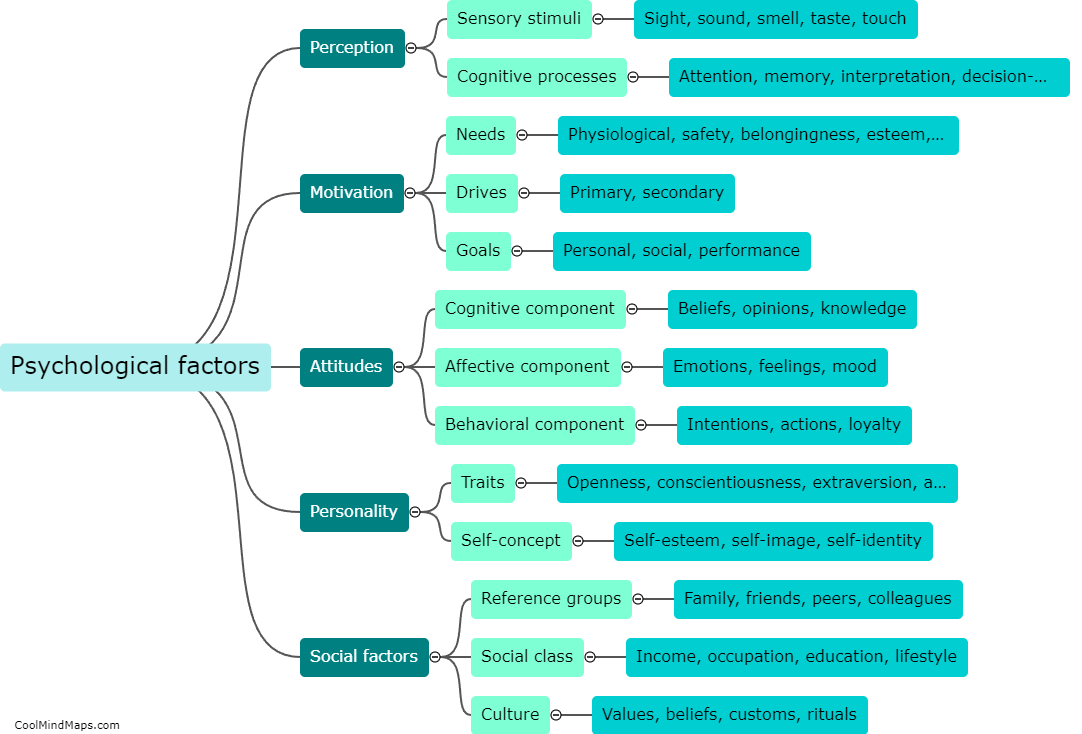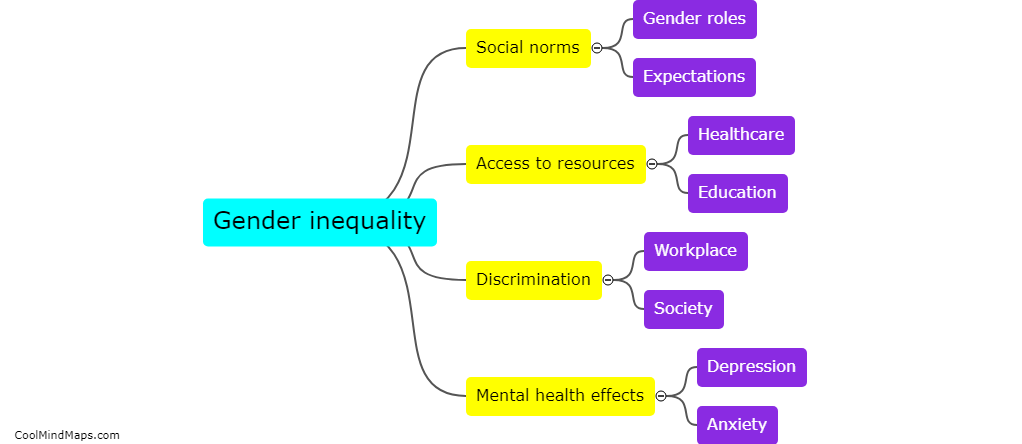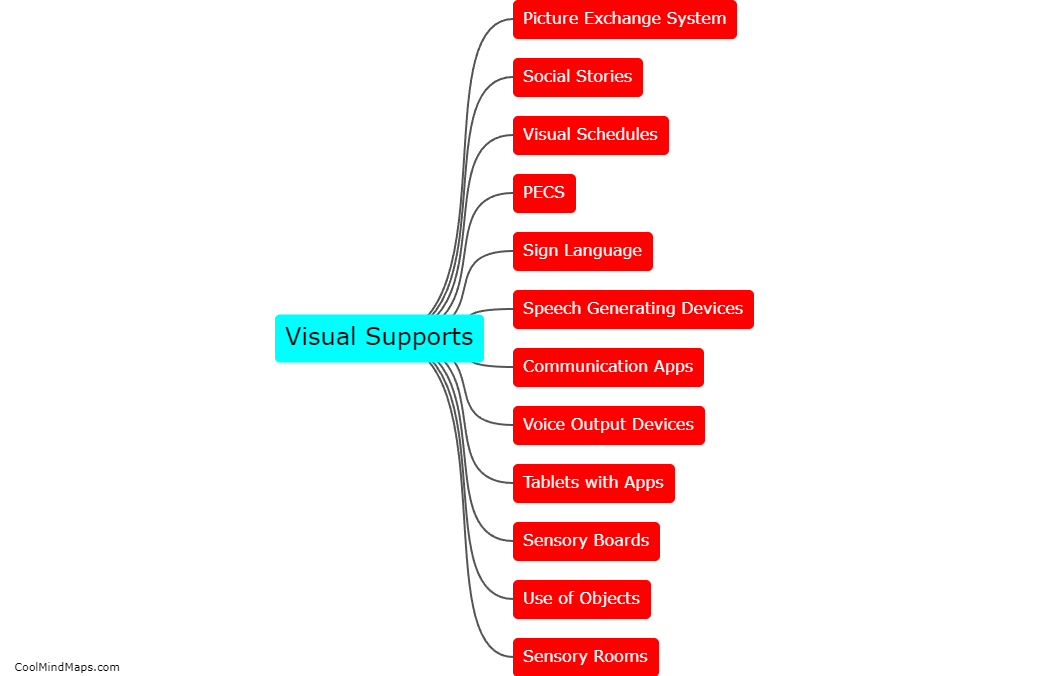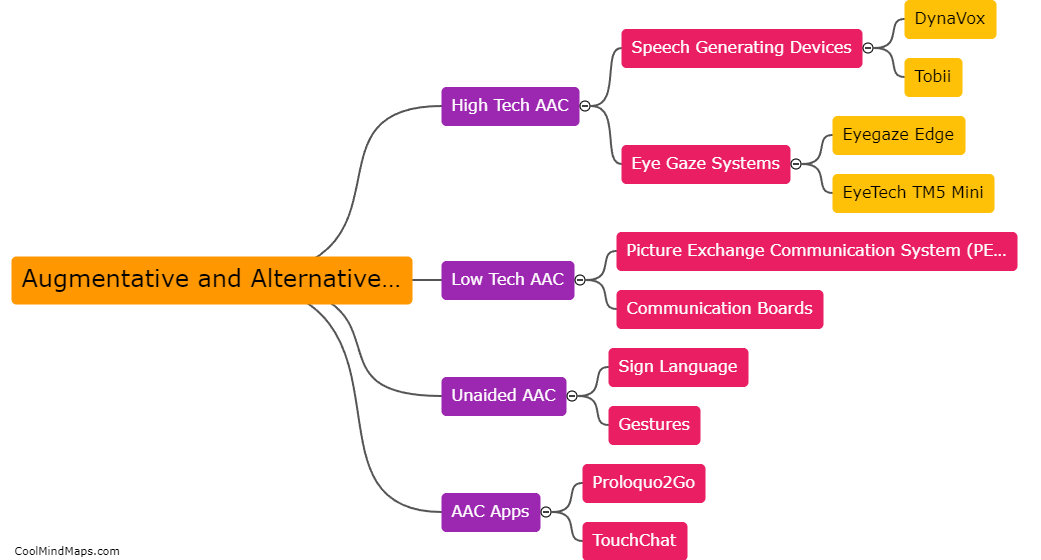How can addressing gender inequality in education improve mental health outcomes?
Addressing gender inequality in education can improve mental health outcomes by providing equal opportunities for all individuals to access education and develop their skills and knowledge. When girls and women are given the same educational opportunities as boys and men, they are more likely to have higher self-esteem, confidence, and a sense of empowerment. This can lead to better mental health by reducing feelings of inadequacy, low self-worth, and depression. Additionally, gender-inclusive education can also challenge harmful gender stereotypes and promote healthy relationships, ultimately leading to improved mental well-being for all individuals.

This mind map was published on 6 June 2024 and has been viewed 83 times.











